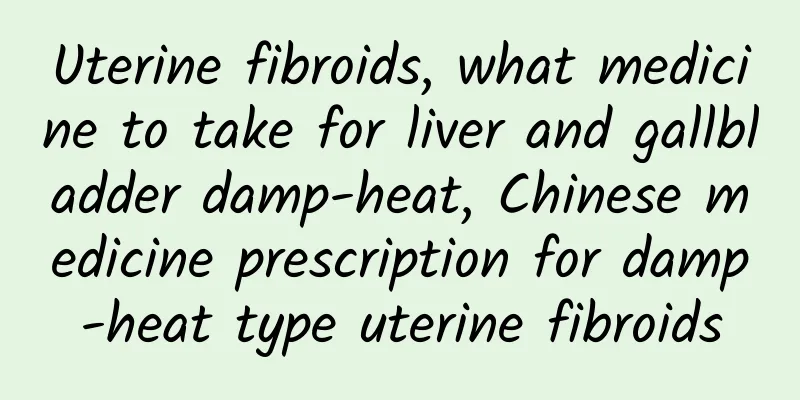Which pelvic peritonitis is benign?

|
The main symptoms of acute pelvic peritonitis are lower abdominal pain, fever, increased vaginal discharge, and persistent abdominal pain that worsens after activity or sexual intercourse. If the condition is severe, there may be chills, high fever, headache, and loss of appetite. Patients who develop the disease during menstruation may experience increased menstrual flow and prolonged menstruation. If pelvic peritonitis wraps around to form a pelvic abscess, it may cause local compression symptoms. Compression of the bladder may cause frequent urination, painful urination, and dysuria; compression of the rectum may cause rectal symptoms such as tenesmus. Further development of acute pelvic peritonitis may cause diffuse peritonitis, sepsis, and septic shock, and severe cases may be life-threatening. Chronic pelvic peritonitis is caused by the failure to completely treat acute pelvic peritonitis or the poor physical condition of the patient, resulting in a prolonged course of the disease. The main symptoms are lower abdominal distension, pain and soreness at the bottom of the waist, which are often aggravated after fatigue, sexual intercourse and before and after menstruation. The second is abnormal menstruation. Some women may experience neurasthenia symptoms such as lack of energy, general discomfort, and insomnia when the disease lasts for a long time. It often does not heal for a long time and recurs repeatedly, leading to infertility and tubal pregnancy, seriously affecting women's health and increasing the family and social economic burden. Prevention of pelvic peritonitis First, do a good job of hygiene during menstruation, pregnancy, and puerperium. During menstruation, early pregnancy, and puerperium, when lochia is not clean and the uterus has not returned to normal, pay attention to vulva cleanliness and do not have sex. Secondly, pay attention to contraception and reduce the chances of uterine cavity operations such as abortion and induced labor to reduce the possibility of infection. Three days before abortion and induced labor, and after abortion and induced labor, when vaginal bleeding is not clean, do not have sex. And pay attention to sexual hygiene to reduce sexually transmitted diseases. When there is vaginitis, both men and women should be treated at the same time, and they can have sex only after they are cured. Finally, pay attention to personal hygiene, exercise, strengthen physical fitness, and cure acute pelvic peritonitis in a timely and thorough manner to prevent it from turning into chronic pelvic peritonitis. |
<<: Cost of conservative treatment for hyperprolactinemia
>>: What are the TCM classifications of pelvic peritonitis?
Recommend
No matter how little you eat, you will still be fat! It means you have no idea about calories and basal metabolism
I only eat apples and blanched vegetables for din...
What is the reason for women to discharge clear liquid? Is it physiological or pathological?
The transparent liquid that flows out of a woman&...
Is aerobic exercise better than anaerobic exercise for reducing fat and losing weight? Can intermittent exercise help you lose weight quickly and regain your youth? Debunking 4 common myths
Many people who love sports may still feel confus...
Symptoms of uterine fibroids in different locations
The symptoms of uterine fibroids are relatively c...
What is the key to preventing threatened miscarriage?
What is the key to preventing threatened abortion...
How to check for vaginal itching in women
Many women do not pay attention to personal hygie...
Things women should pay attention to after abortion
Abortion is harmful to women's health, and mo...
Treatment of adnexitis should first pay attention to anti-inflammatory treatment
The treatment of adnexitis also needs to be carri...
Patients with different types of dysmenorrhea can choose different medicinal porridge and diet therapy
Traditional Chinese medicine believes that the ca...
Abortion surgery should prevent postoperative infection
Abortion surgery has certain risks. If the aborti...
Three Chinese medicine recipes to treat cervical erosion
Patients with cervical erosion may experience sym...
How should women with cervicitis be treated? Several treatment methods for acute and chronic cervicitis
As we all know, if cervicitis is not cured in tim...
What to do if your vulva is itchy
What to do if you have vulvar itching? Vulvar itc...
How to distinguish lochia from menstruation
How to distinguish lochia from menstruation? The ...
【Video version】Drink more water to lose weight successfully! Is it right to drink at 6 o'clock in the morning, afternoon and evening?
As the saying goes, "A man can go without fo...









